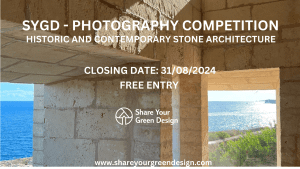Co-Designed Rehabilitation of an Urban Watercourse

This research undertakes two integrated comparative case studies of two highly polluted small urban watercourses, identifying causal attributions for the successful rehabilitation of one and generating strategic recommendations for the other. The first is the Stony Creek case in Victoria, Australia. A case whose watercourse has suffered the highest levels of pollution in 30 years in Melbourne and whose ecosystem rehabilitation was largely achieved thanks to the active participation of its community. The other is the Iyuí Stream case in Casavalle’s neighbourhood in Montevideo, Uruguay. A case with a highly urbanised waterway with medium and highly vulnerable populations settled on its banks. Since 2015, Iyuí has had a plan that proposes the channelling and rectification of its riverbed and banks, which has advanced very punctually yet without participation instances. However, a co-designed rehabilitation project for the Iyuí stream could be a conceivable proposal given the City Council’s new proposals for ecosystemic environmental recovery with citizen participation and the precedents of high-impact community participation’s successful local experiences.
This research reveals a vast gap related to the absence of literature linking urban watercourse rehabilitation and co-design in Latin American contexts of precariousness and socio-economic vulnerability. It shows that successful cases of sustainable and collaborative public policies can be achieved through laborious and gradual processes through the joint work of all citizens. Thus, organised local communities can achieve powerful local changes of planetary and humanitarian significance by acquiring both the responsibilities and the benefits that come with them.
In fact, this study makes it possible to conceive that a shift towards a co-designed rehabilitation of the Iyuí stream is admissible and suggests the transformation of the Iyuí project into a tentative prototype of a co-managed space of activist environmental education that works transversally towards sustainable development, combating the structural situation of precariousness and socio-economic vulnerability that the Casavalle’s community still lives in.
